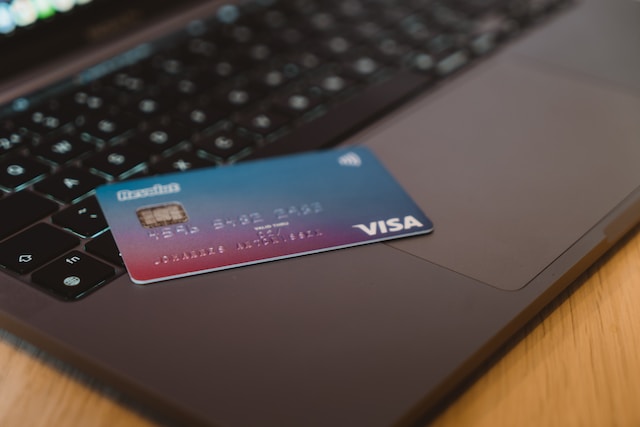Your credit, when used appropriately, can be a great tool for building your financial standing and health. However, it’s also incredibly easy to misuse, by getting into debt, picking up catalogue loans, and otherwise borrowing more than you should, leading to future stress. Here, we’re going to look at the steps you can take to avoid unnecessary debt when possible, helping you save yourself the money and the hassle.

Stop and think before you make a purchase
One of the easiest ways to use more credit than you anticipated is to buy something you don’t have the money for. In order to stop this, one of your best strategies is to stop and think about whether or not you really want to buy something. The Motley Fool and various other expert sites recommend waiting before you make any unnecessary purchases. Some say you should sleep on it to see if you still want it when you wake up, but depending on the expense of the purchase, you might want to wait for even longer.
Always look for savings
If you are going to end up buying something, then you should at least make sure that you’re not paying as much as possible for it. There are online apps that can, for instance, help you find the best possible deals, vouchers, and comparisons so that when you’re buying something, you can find a better deal for it most of the time. You can also look at ways to save money when travelling, to cut the costs of your commute, and other ways to save a little extra on your most routine expenses.
Don’t let presents drag you down
Birthdays, anniversaries and, the biggest one of them all, Christmas, come around every year. However, it can still catch you by surprise how expensive they are. You should ensure that you keep a financial diary, including how much you want to spend, on gifts for each of these occasions, and save ahead of time, tracking how close you are to your goal. Services like Park Christmas Savings can make it a lot easier to make sure that you don’t get caught off guard by the sheer expense of gifting at the end of the year. A little setup now can save you a lot of trouble down the line.
Build an emergency fund
Aside from saving for those specific expenses in the future, what about the vague expenses that you don’t yet know about? Having some kind of financial buffer can prevent you from having to rely on dipping into debt, and the emergency fund is the most classic form that this takes. Find some room in your budget to put aside for a rainy day. It’s often recommended you set a goal of building up three months’ worth of income to complete your emergency fund, but whatever you can set aside isn’t to be sniffed at.
There are almost always options other than debt when it comes to your finances. If you do have to take on some debt, however, make sure that you have the plan to pay it back as soon as you can.
